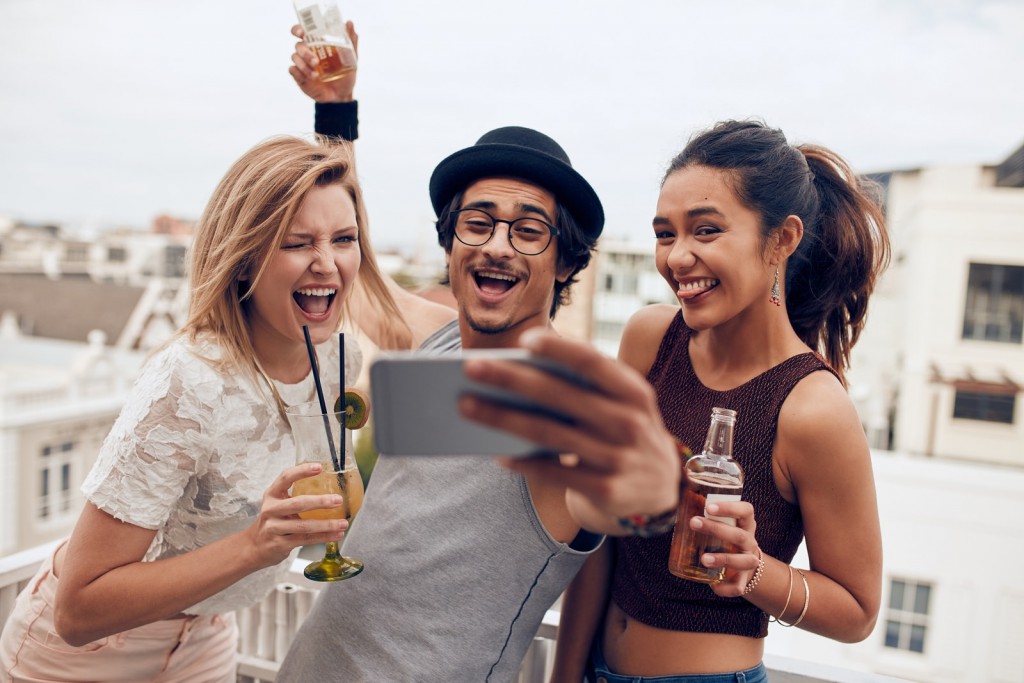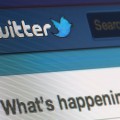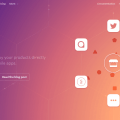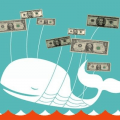Twitter users who take to their accounts to announce their boozy activities may want to think twice before doing so in the future. A group of researchers from New York’s University of Rochester have devised a mechanism to track alcohol-related tweets as a way to better understand localized trends, such as where people drink and how often they do so.
Getting the project off the ground required the research team from upstate New York to collect thousands of geotagged posts that were tweeted between July 2013 and July 2014 in the Empire State. The tweets were pared down to only include those that mentioned alcohol-related keywords, such as beer, drunk and party. From there, they ran about 11,000 tweets through Amazon’s Mechanical Turk, a crowdsourcing service for using humans to perform tasks computers can’t. Three human “Turkers” were lined up to give each tweet a three question test:
- Did the tweet make reference to alcohol consumption?
- If so, was the tweet about the tweeter personally consuming alcohol?
- If so, it is likely the tweet was sent during consumption?
You Might Also Enjoy: Can New CMO Help Right Twitter’s Ship?
Researcher Nabil Hossain then used those human-vetted tweets to teach three different algorithms to address one question each. For each question, 80% of the Turk-vetted tweets were used for training and the remaining 20% were used to ensure the algorithms passed a testing phase. During the testing phase, the algorithms and Turkers formed a consensus a high percentage of the time. The consensus on question one, for example, was 92%.
The team also wanted to learn more about where people were consuming alcohol. They used the tweets and algorithms to determine whether New York residents preferred drinking in clubs, at home or somewhere else entirely. The findings varied by geography. In New York City, for example, people tended to drink at home or nearby. People in the suburbs tended to travel more.
The preliminary results of the algorithms’ use were so promising the University of Rochester team hopes to delve into the topic more in the future. The next step is to complete a “comprehensive study of alcohol consumption in social media around features such as user demographics, settings people go to drink-and-tweet,” the presentation of findings paper states. The aim will be to explore the social networks of drinkers and delve into the role social interactions and peer pressure may play in influencing social media users to reference drinking in their posts.
How soon the future work will get under way remains unclear. Twitter users who don’t want to become part of the statistical body of evidence may want to think twice about drinking and tweeting in the future.






